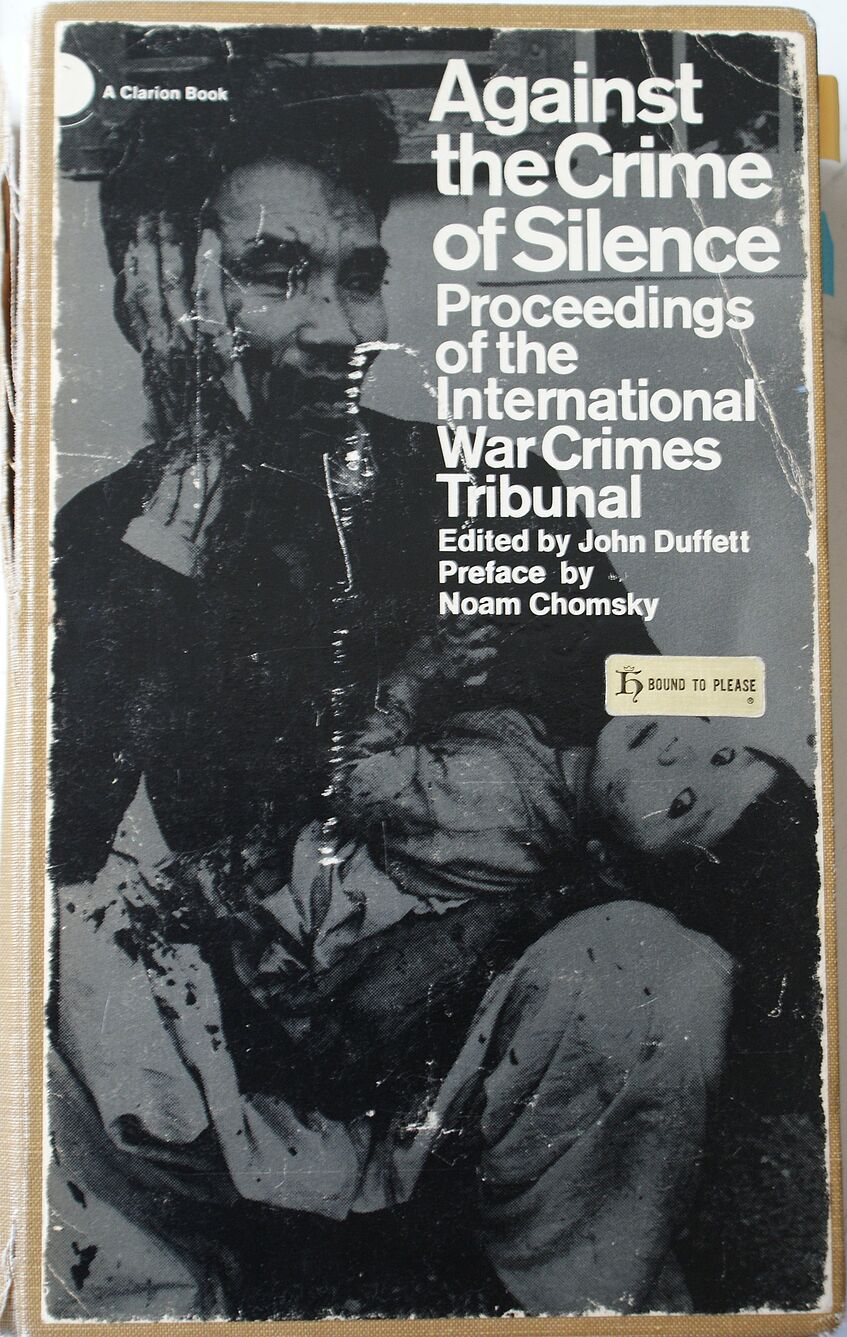Lena Christoph

Lena Christoph
“…Our own fate is enacted in Vietnam.” Anti-Imperialist Solidarity in the International War Crimes Tribunal on Vietnam
Between 1955 and 1975, the Second Indochina War was waging in the countries of the former French colony. What was officially declared a war between North Vietnam and South Vietnam, was in fact a complex constellation of issues. These include the struggle for sovereignty, post-colonial power relations, as well as Cold War ideologies. Moreover, the war was embedded in a multifaceted context of anti-imperial internationalism across the so-called “Third World”. Since World War II had accelerated anti-colonial movements and resistance in the (former) colonial world, a new form of global alliance had arisen against Western supremacy, (neo-)colonial dominance and imperialism. While this agency first and foremost amounted to an endeavour of people of the “Global South” and Afro-Americans in the US, a new kind of radical Left also emerged in countries of the “West”. This New Left not only voiced anti-colonial critique but also forged international networks and raised pressure with acts of solidarity. One paradigmatic case of anti-imperialist solidary activism in the West was the International War Crimes Tribunal on Vietnam (IWCTV).
In 1966, the British Philosopher and Mathematician Bertrand Russell initiated the Tribunal to bring charges against the United States government concerning their war efforts in Vietnam. Twenty-four distinguished intellectuals from eighteen different countries agreed to serve as the Tribunal Committee, including journalists, philosophers, lawyers, novelists, as well as activists and politicians. During two sessions, convened in Stockholm, Sweden, and Roskilde, Denmark, in 1967, and chaired by the French philosopher Jean-Paul Sartre and the Yugoslav activist and writer Vladimir Dedijer, the Tribunal brought forward five charges. These comprised the allegations of war of aggression, forbidden weapons, bombardment of civilian targets, inhumane treatment of POWs, and genocide. The Tribunal was arguably the first of its kind and set off a range of non-governmental justice projects which deal with human rights breaches, war crimes, and other atrocities. Despite the eminent podium and the significance of the subject matter, the IWCTV seems to have largely sunk into oblivion – a circumstance that motivates the writing of this thesis. Besides its legal claims and imperatives, which will not be part of the research, the Tribunal represents an interesting example of solidarity activism at the time and the manifestation of an emerging opposition to the Vietnam War.
The thesis investigates the question in what way the tribunal committed to solidarity within the broader context of a global anti-imperialist solidarity movement. More precisely, it discusses and assesses the way solidarity with the Vietnamese revolutionary forces was approached and articulated within the Tribunal. To do so, the thesis draws on theories of (political) solidarity, most notably by the philosopher Sally J. Scholz. Further, with the help of feminist, anti-racist and postcolonial theories, as well as materialist critique I seek to complement Scholz’ conception and develop an own critical understanding of international solidarity. For that, I assemble various approaches by scholars like Chandra Talpade Mohanty, bell hooks, Peggy McIntosh, and Stuart Hall, among others. With their help, the notion of solidarity will be advanced by aspects such as privilege, global power relations, and Western universalism. Moreover, the Tribunal is being contextualised within global anti-imperialist movements. The Non-Aligned Movement, Third Worldism, the African American struggle against racial oppression, Tricontinentalism, as well as the New Left, provide the historic and discursive frame of reference to my analysis of that specific form of political solidarity. Against this theoretical and historical backdrop, the thesis analyses key texts of the publications as well as archival material of the IWCTV, which I was able to obtain from the Tamiment Library & Robert F. Wagner Labor Archives, New York. They include speeches by members of the Committee, reports, findings of the investigation teams, witness testimonies, and the verdicts. Ultimately, the thesis aims to connect the contemporary conception of political solidarity by Scholz, combined with various other critical inputs, with a historical event in order to carve out what chances and risks solidarity can imply for activist movements. In doing so, I pose the larger question of what internationalist and privilege-sensitive solidarity could look like today.
Lena Christoph is a MA student at the University of Vienna, majoring in global and late modern history. She earned her Bachelor of Arts degree in International Development, including minors in Philosophy and Gender Studies. Primarily engaging with feminist, post-colonial, as well as Marxist theories, her focus has been on social philosophy, decolonization, post-colonial conditions, and post-conflict justice and memory. She is currently researching global, anti-imperialist solidarity movements of the 1960s, writing her master’s thesis on the International War Crimes Tribunal on Vietnam (“Russell Tribunal”). Lena spent a semester at Monash University in Melbourne, Australia.
